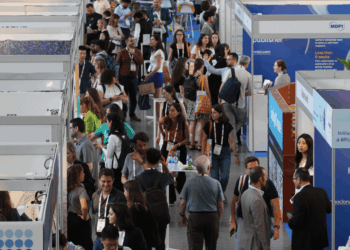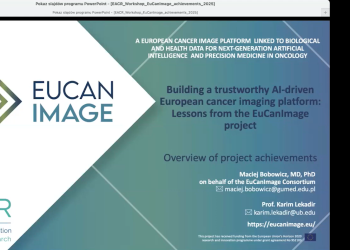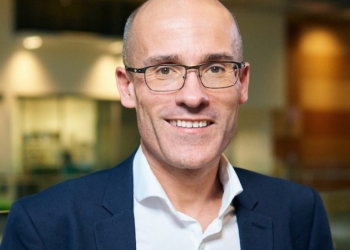The Syndrome of Curiosity Loss has neither been discovered nor diagnosed, but it is certainly a widespread and shameful truth in medical research. Since we are little kids, we are introduced to the idea of scientists being the smartest and most curiosity-driven people one could ever meet in a lifetime. Scientists love spending time inside a laboratory so much that they forget to eat, enjoy a breath of fresh air, or brush their hair – do you all picture the goggle-wearing scientist standing in front of a long row of colourful, steaming potions? Contributing to this expectation are proud parents, admiring friends, and intrigued acquaintances, all full of questions about one of the coolest jobs: being a researcher. Working on cancer research further adds an understandable load of gratitude and appreciation.
As is often the case, the reality is quite different.
From the PhD and beyond, it is so easy to start feeling entrapped between the bench and the lab book. A day started with energy and enthusiasm can end up with a bunch of contaminated cells, fatally impairing – again – a two-week experiment. Moving from one step to the next in any project requires a high stack of ambiguous results, incorrectly set-up protocols, and posture-related back pain. Before achieving that long-desired publication, many downs and few, although rewarding, ups will pile up on the desks of all researchers. When not frustrating, the daily routine of a researcher can also be quite monotonous; passing the cells or running a Western Blot certainly loses its charm once one could do it blindly.

None of these considerations is new. However, while most people tend to speak about the risk of losing motivation throughout a scientific career, few think of the fading of curiosity.
But what drove all of us to get involved in cancer research in the very first place? What led that young student to write that cover letter to the head of a cancer research team? If not in first place on the podium, the curiosity of what was going on within a cancer cell must have been among the top three. The exciting desire to understand that tight tangle of workaholic proteins, fragile DNA filaments, and far migrations, while intercepting the cryptic communication between cancer cells and their neighbours.
On top of it, the fascinating idea of trying to tidy up that ingenious mess: finding a way to convince that hungry cell to slow down its ravenous growth and stop looking for new abodes within the human body. What we keep forgetting is that this mysterious little world is in front of us every day, within the cells, tissues, or mice we are about to treat as soon as the timer rings. Taking a moment to think of it may not be the definitive cure for the Syndrome of Curiosity Loss, but it may certainly reduce the symptoms.
Even without a medical prescription, we should everyday keep in mind that our work is not only composed of rhythmical pipetting or the exhausting pursuit of three-star p-values and high impact factors. Our work chases one of the most interesting aims one could think about – unravelling the intricate mechanisms of cancer and finally finding a cure for this utterly knotty disease. By the end of the day, our friends are right: it is actually quite cool.
 About the author:
About the author:
Chiara Andolfi is a PhD candidate at the very end of her four-year PhD journey. She works in the Experimental Urology Department of the Medical University of Innsbruck, where she studies the role of the Mediator complex in the modulation of prostate cancer progression and response to therapy. Outside the lab, she likes books, dogs, and her pothos.
About this article
This is one of our shortlisted entries for the 2024 EACR Science Communication Prize themed around our #KeepResearchCurious campaign. Choosing a winner was incredibly difficult and we’re delighted to share our shortlist with you.
The header image of this article was created using AI.



 About the author:
About the author:





